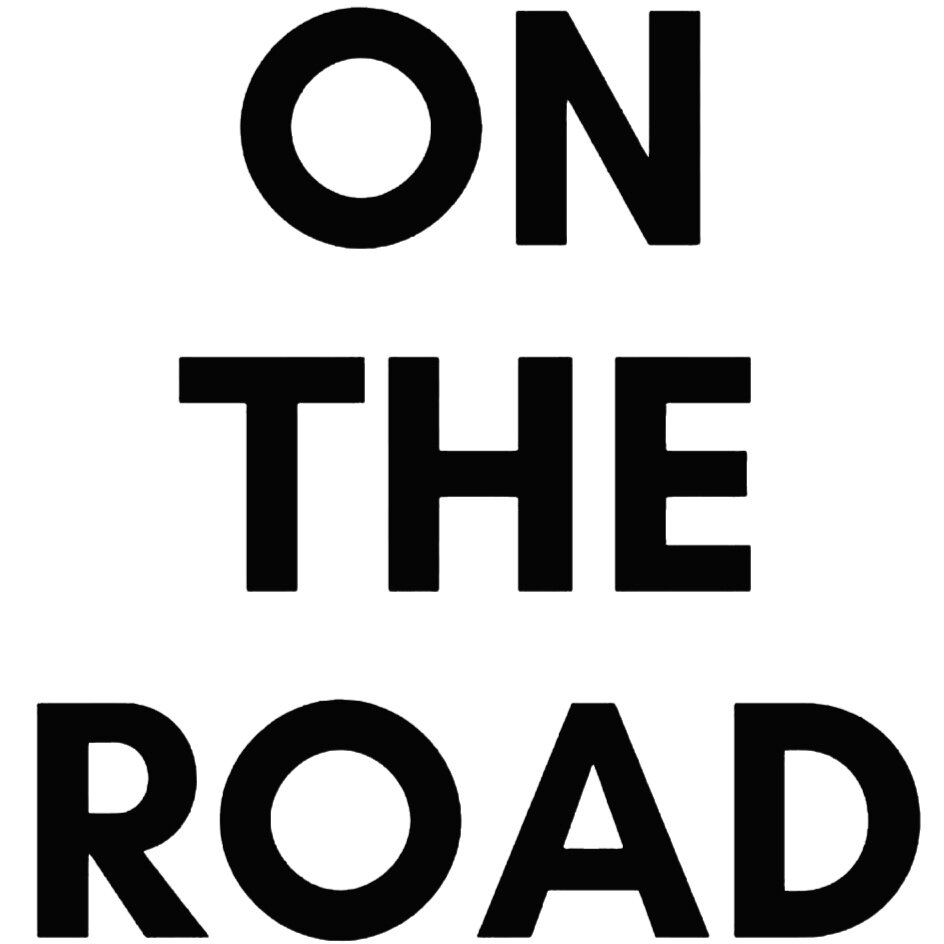How to start a podcast
There's some irony in this blog post as I've only had a podcast since May 2019. I am in no way an expert on the subject, but as I've had a few people ask I wanted to gather some of my basic answers on podcasting in one place.
Before we get into the technical details, I wanted to give a couple words of encouragement:
First, we need your podcast. If there is a subject that you see missing, you should fill that void. When it comes to any topic related to movements of God, we want to see the podcast upon podcast that normalizes following Jesus, pursuing the lost, living on mission, making disciples, planting reproducing churches, etc. I have a podcast because I felt there was something missing in podcasts on movements. Steve Addison's Movements Podcasts had been great at painting pictures of movements for years, but I was looking for something that shared more on the practical tools and had a #NoPlaceLeft bent. When I couldn't find it, I made an attempt at starting one. Make the show you want to hear.
Second, you (and I) may only podcast for a season (6 months, a year, who knows). The content you put out into the world will still have a great amount of value. After I finished Season 1 of On the Road I took a 3 month break. What I was surprised to find was that my original episodes continued to get downloaded at the same rate throughout that entire break. People were still seeking and engaging the content. This affirmed for me the value of podcasts as a content distributor (similar to a book in many ways). If you have something to share, that will still have value three years from now, even if you've stopped regular new podcast episodes.
On to some basics on podcasting:
I took a very intense but insanely helpful podcast class from Akimbo. Actually at the time of this blog, they are offering that class again. Check it out: https://podcastclub.link/. It wasn't free, and it took some time in my daily schedule for a couple months, but it was the boost I needed to get a decent quality podcast out the door.
You get to choose your episode length, format, and feel. I'd rather have your personality come through your show than have it sound like everyone else's podcast.
Sound quality: I bought a decent microphone. But I also recorded all of Season 3 with regular wired headphones with a built in mic. I've found the biggest factor for decent sound quality is making sure you're in a room that's not a big echo-chamber. Other than that, the sound quality is pretty forgiving.
This also goes for people you record in interviews. I have only ever used Zoom for recording interviews. I ask my guests to use a mic if they have one and make sure they are in a relatively quiet space without too much echo.
Speaking of interviews, you can choose how you want to do that too! I like to send my questions ahead of time, hit record, and follow my questions loosely. This leads to a natural conversation but also requires more editing. When I partnered with Steve Addison for this episode I got to see him set up the interview flow before hitting record. Then he asked the very natural sounding questions, but they had already discussed the direction they were going. Another helpful tip from the Akimbo class was: You're in charge. If you are unsure of how the interview is going, you can bet that your guest is. Just lead graciously and it will work out fine.
An even more helpful tip: Pray with your guest before you start interviewing. I've definitely seen that inviting Jesus into the conversation makes it more fruitful.
I currently use Audacity for sound editing. It actually doesn't work the best with the latest Mac update (Catalina), but since I'm mid season I don't want to learn a new editor. Mary at the Live Ten O Two podcast had great things to say about Alitu, so I would pass on that as a solid recommendation, if not a little pricier.
As far as hosting your podcast, I use Simplecast and have been very pleased with it. The one time I needed to contact customer service it was great. I've also heard good things about Buzzsprout. There are many other options out there, so choose something that seems like a good fit for you.
As an FYI, the only marketing I've done is post to my personal Facebook and ask my guests (and those who connected me to those guests) to share with their networks.
Finally, here's a checklist I use to process episodes:
Schedule Interview
Conduct Interview
Rough Edit Interview
Send sample to guest for approval
Write additional content
Record additional content
Mix entire episode
Run through Auphonic.com (2 hours of free audio clean up each month)
Final Listen
Schedule Blog & Episode to Publish
Share with guest and others to promote
I'll update this blog post as I learn of new tools or have a new experience in podcasting. Reach out if there's other questions I can answer for you. Let me know what you make. All for Jesus until there is #NoPlaceLeft.
